Vinnie Birbiglia – Xperience Monthly Interview, by Liam Sweeny
Written by Staff on April 10, 2023
If you were alive and around in the Albany environs in the turn of the eighties, you might have gone to a sonic bunker of a place called J.B. Scott’s. Owned by Douglas Jacobs and Vinnie Birbiglia, this nightclub had a list of bands go through that would, at the same time be chewing through the Billboard Top 40.
I reached out to owner Vinnie Birbiglia, and I learned quite a bit.
RRX: J.B. Scott’s, ‘J’ and ‘B’ are yours and Douglas Jacobs’s last names. So you two started this in 1979. I’ve been around a ton of scenes, seen them start and fade away. What was it like in the weeks before you opened? Was it just to make a couple of bucks, or was it something more?
VB: I was working at the time at Record Town. I was the general manager for Upstate Music. We had the store on New Karner Road and Albany Street, I believe. And Doug came in one time, and we were talking, and we hit it off. We then started doing shows at the Madison Theater. And that’s how we started J.B. Scott’s.
RRX: Madison Theater is doing some pretty cool stuff now.
VB: It was a great theater as far as acoustics went. And the only problem that the place had was parking, because it’s a residential area.
RRX: The only experience I had with J.B.’s was J. B,’s Theater, which was across from Westgate Plaza. I’ve never been to J.B. Scott’s, the original place. What was the space like; what was the venue like when you first went in it?
VB: It was a rectangular building that – we put the stage on the opposite wall to the bar. Therefore, everybody was right on top of the stage, which, when the bands came in, they loved it.
RRX: That’s cool, because the way a lot of clubs are set up, if you’re in the back, you’re in the nosebleeds.
VB: Yeah, exactly.
RRX: What was the place before you guys had it?
VB: It was the S&H Green Stamp building. When you went shopping, they would give you little stamps that you put into a book, and then you use the book to buy stuff. It was a very plain building. It was a concrete floor, cinderblock walls and a wood roof.
RRX: How long did it take you to build it up into the club itself?
VB: Honestly, I don’t remember. It wasn’t that long. The only thing we had to do was build the bar and build the stage.
RRX: One thing everybody remembers about J.B, Scott’s is that you had everyone there. U2, Tom Petty and the Heartbreakers, Pat Benatar, Rick Derringer, Buddy Rich to name a few. In fact, Al Quaglieri, in the Facebook group, Albany: The Way it Was, compiled a list that looked to be two feet long. How did you get those people to show up?
VB: I was pretty well-known in the music industry. So I had lots of contacts at the labels. Since we had starting doing shows at the Madison Theater and at the Palace Theater, we did a show or two at Proctor’s Theater, the agents saw that we knew what we were doing. We got along with the bands, and like I said, I had my contacts at the labels, with the promotion departments at the record companies. That helped us decide who we were going to book, and that also showed the industry, again, that we knew what we were doing. That’s how we basically started, and word got out and bands wanted to play for us.
RRX: When you were doing a different national act every day practically, what were some of the challenges you faced? Were there any challenges that weren’t just the basic challenges of running a club?
VB: Back then, at that timeframe, it was getting the customers to come in. For every band that we did, it was one winner, three losers, financially. And then, because of politics, we were getting screwed by the agencies, even though the name of the game was ‘you book the band the first time they come to an area, that band is your band going forward.’ Yet when we had acts that we broke in the Albany market, some agencies would give the band to a different promoter when they were big enough to play the Palace Theater.
RRX: Yeah, that sucks.
VB: Tell me about it.
RRX: The J.B. Scott’s was, aside from the mechanical aspects, thinking the whole scene: do you think it could be done today, with the way the industry is?
VB: I don’t think so. I think that the cost factor is too prohibitive. If we were to think of opening up a club in this environment, it would be a very expensive proposition.
RRX: I had a practice space in J.B.’s Theater, when New Music was in there, and a friend told me I was playing where Stevie Ray Vaughan once drank a fifth of Crown Royal. I doubt that’s true, but it actually references one of the saddest moment for the area music scene; the fire that closed J.B, Scott’s. What can you tell me about that?
VB: Some kids tried to rob us, and they set a fire, and thy got caught a year later. Actually, we made the front page of the Times Union for the fire, and made the back page of the first section when the kids got caught because when they got caught, it was the same day as Erastus Corning, the Albany mayor, died.
And the place didn’t actually burn down. Like I said, it was concrete floor, concrete walls. The only real damage was the roof. The worst part about it was the fact that the fire voided our lease. While we had insurance and paid the bills that we had outstanding, the landlord still voided the lease that we had. So that’s what became the end of J.B. Scott’s.
RRX: Okay, so J.B.’s Theater, as I brought up before. How much time between J.B. Scott’s and J.B.’s Theater?
VB: Over a year. And it lasted about a year or so. It was too big for the area. Also, the drinking age went to twenty-one, so that became a problem. And we were the first place in the state, I believe, that had underage patrons in a place that had a bar. We actually closed off the bar and used the roller skating section for where we built the stage and did a majority of shows.
RRX: So we cover a lot of smaller venues, and there are a lot of interesting local scenes. What advice would you give to the owner of a smaller venue to get near to where J.B. Scott’s was in its time?
VB: I don’t think anybody can. We had the balls, so-to-speak, to do all different types of genres in the music industry. Now, unless you have a big bankroll, you’re really locked in to doing local bands. The cost factor is just too prohibitive.
RRX: This is where you answer the question I didn’t ask.
VB: Had it not been for the fire, it’d be very interesting to see where we would’ve been today. We had some competition, but the competition we had tried to only stick with certain types of artists coming in. We tried to broaden the horizon.
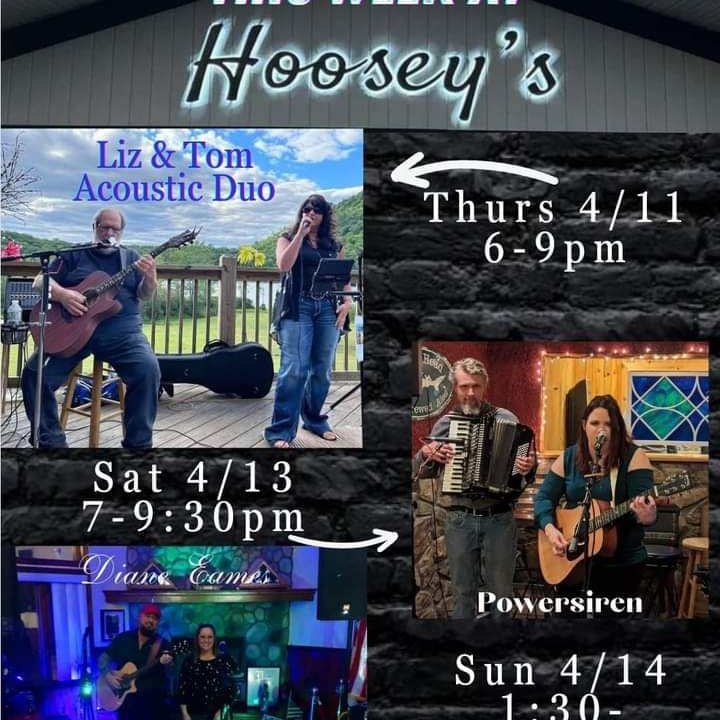
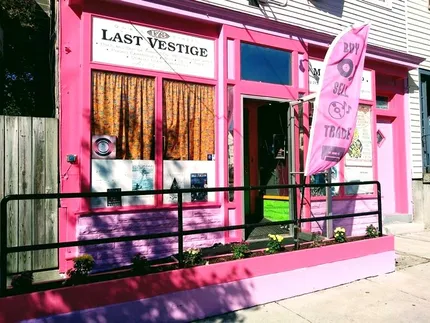
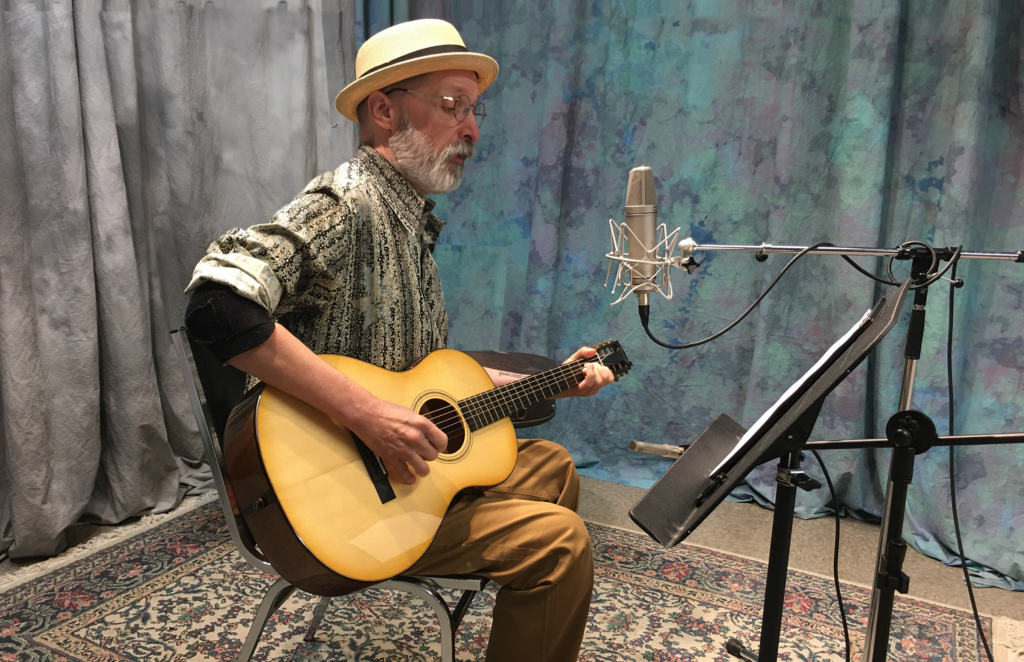
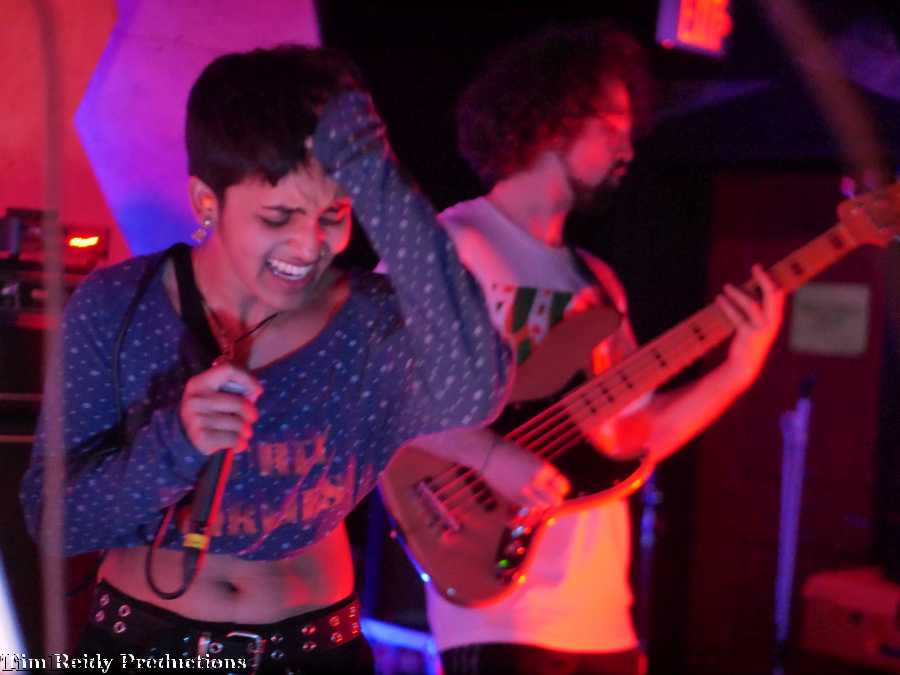
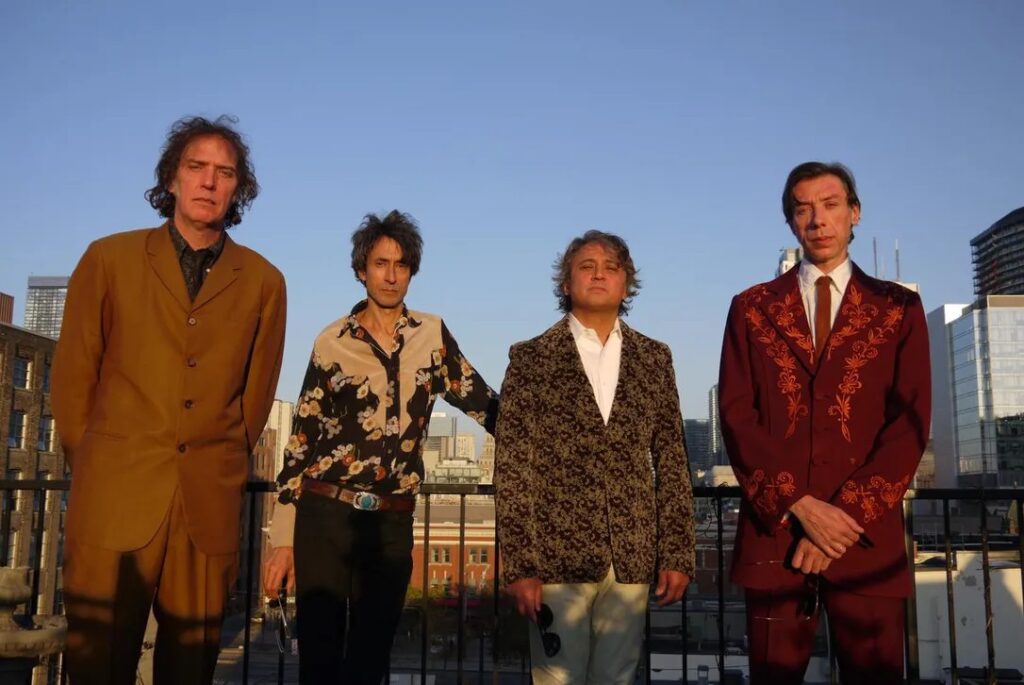
 RadioRadioX
RadioRadioX